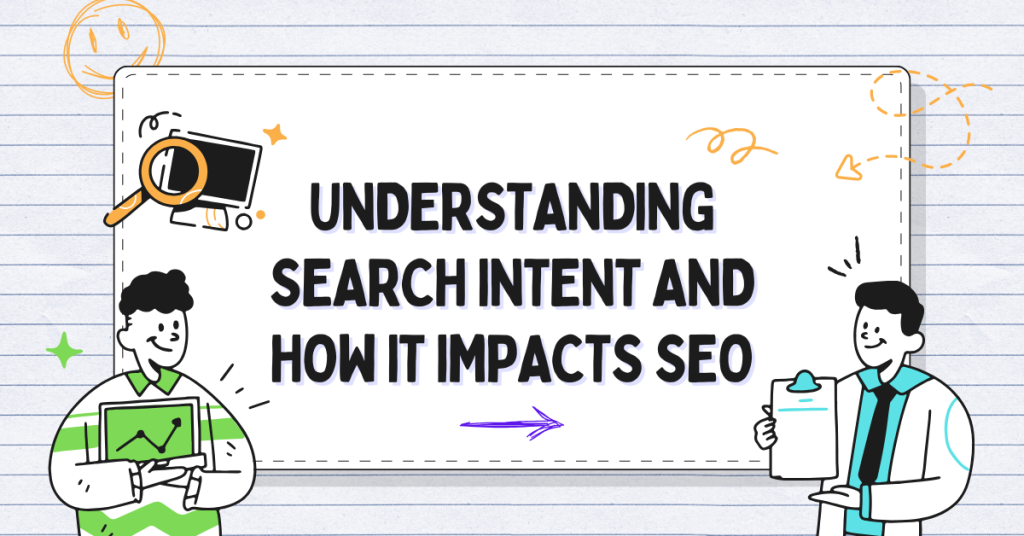I this blog content we will cover on Realistic SEO Expectations. Search Engine Optimization (SEO) is a long-term game, not an overnight success. Many businesses expect instant rankings and traffic, but the reality is that SEO takes time, effort, and a well-planned strategy. Understanding what results to expect and when can help businesses stay patient and committed to their SEO journey.
In this guide, we’ll break down how SEO works, the factors influencing results, and realistic timelines for success. If you’re new to SEO, check out our Understanding SEO Guide to grasp the basics before diving in.
Why SEO Takes Time
SEO is not just about adding keywords and getting instant rankings. It involves multiple factors that contribute to long-term success:
- Google’s Crawling & Indexing Process – Google continuously scans websites to index new content, but this process isn’t instant.
- Competition in Your Industry – Highly competitive industries take longer to rank due to established websites holding top positions.
- Building Authority & Trust – Websites need time to gain backlinks and authority before Google considers them trustworthy.
This is why businesses should focus on sustainable growth rather than quick wins.
Factors Affecting SEO Results
Understanding the factors that impact your SEO timeline can help you set realistic expectations.
1. Website Age & Domain Authority
Older domains with a strong backlink profile tend to rank faster. If your website is new, expect a longer waiting period before seeing results.
2. Content Quality & Relevance
Google prioritizes high-quality, user-focused content that provides value. Regularly publishing in-depth, well-researched content can help improve rankings over time.
3. Technical SEO & Site Structure
A well-optimized site with fast loading speed, mobile responsiveness, and structured data (schema markup) improves ranking potential.
4. Competition Level
Ranking for a highly competitive keyword like “SEO services” will take significantly longer than a niche keyword with low competition.
5. Backlink Profile & Off-Page SEO
Building high-quality backlinks from authoritative sites is one of the strongest ranking factors, but it takes time and consistency.
SEO Timeline: When to Expect Results
While SEO is unpredictable, the following timeline gives a realistic idea of what to expect at different stages:
0-3 Months: Laying the Foundation
- Website audit and technical SEO improvements
- Keyword research and content planning
- Initial content publishing and internal linking (like linking to our SEO Guide)
- Google indexing starts, but rankings may fluctuate
3-6 Months: Early Growth
- Improved keyword rankings for long-tail searches
- Organic traffic starts increasing
- Backlinks start strengthening domain authority
- Some pages may reach Google’s first page for low-competition keywords
6-12 Months: Significant Gains
- Consistent rankings for target keywords
- Higher domain authority and trust signals
- More organic traffic and potential conversions
12+ Months: Long-Term SEO Success
- Strong authority in your niche
- Competitive rankings for high-volume keywords
- Compounding growth in traffic and business revenue
Setting Realistic SEO Goals for Your Business
Instead of focusing solely on rankings, consider tracking:
- Organic traffic growth (via Google Analytics)
- Engagement metrics (time on page, bounce rate)
- Conversion rates (leads, sales from organic traffic)
A well-planned SEO strategy isn’t just about rankings; it’s about generating business growth. If you need expert SEO services tailored to your business, get in touch with us today.
Common SEO Myths vs. Reality
There are many misconceptions about SEO. Let’s debunk a few:
- Myth: SEO provides instant results.
- Reality: SEO takes months to show significant improvements.
- Myth: Running Google Ads helps with organic rankings.
- Reality: Paid ads don’t impact organic search rankings.
- Myth: More traffic means better rankings.
- Reality: Quality traffic and engagement matter more than volume.
How to Measure SEO Success
To ensure your SEO efforts are working, track key performance indicators:
- Google Search Console: Monitor keyword rankings and indexing status.
- Google Analytics: Analyze traffic sources and user behavior.
- Ahrefs/Moz: Track backlinks and domain authority growth.
These tools help you make data-driven decisions to improve your SEO strategy.
Final Thoughts: The Importance of Patience & Consistency
SEO is a long-term investment, not a quick fix. The key to success is consistency—publishing valuable content, optimizing your website, and earning high-quality backlinks over time.
If you want a custom SEO strategy tailored to your business goals, reach out to us today and let’s grow your online presence together!

